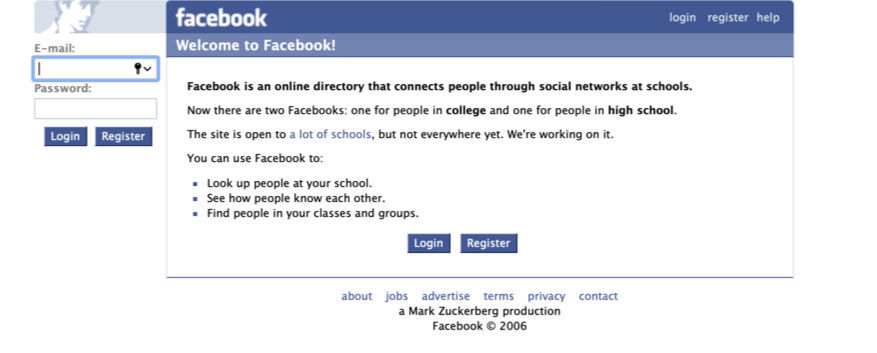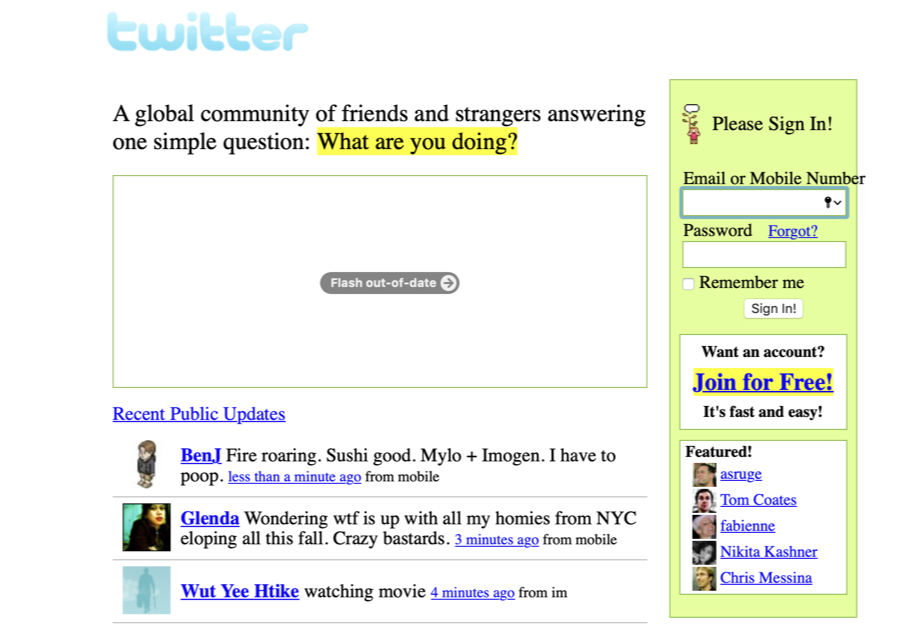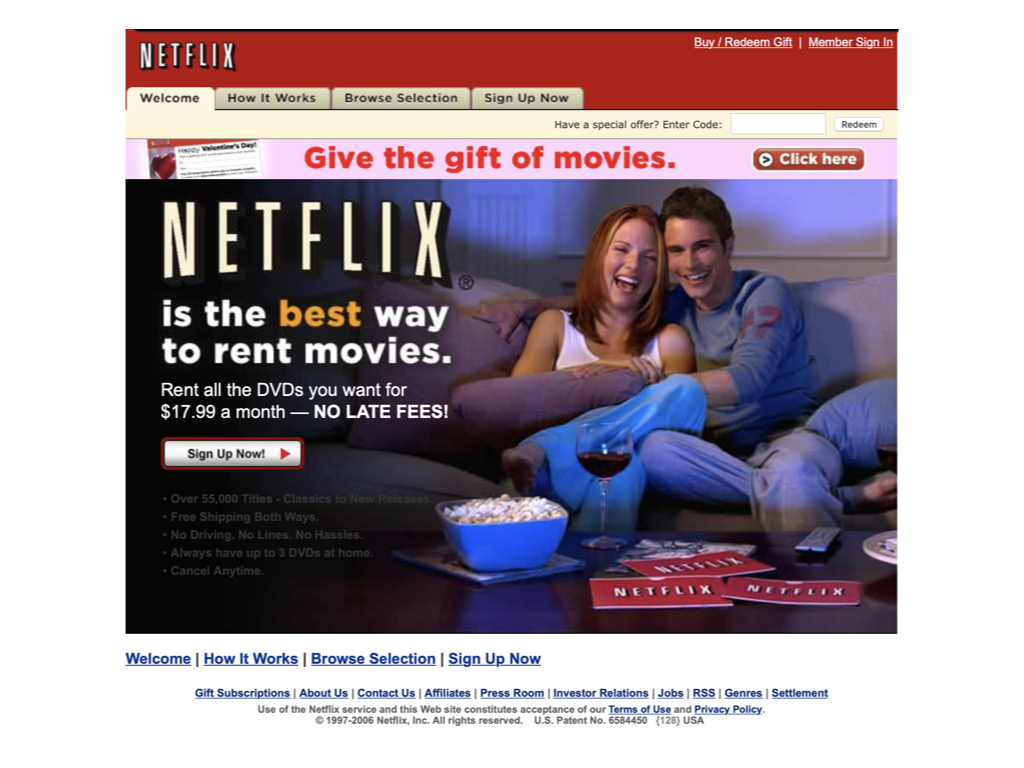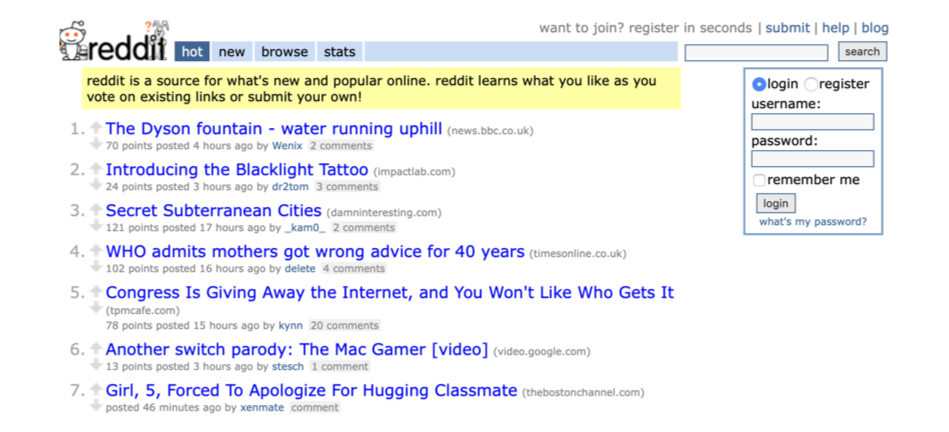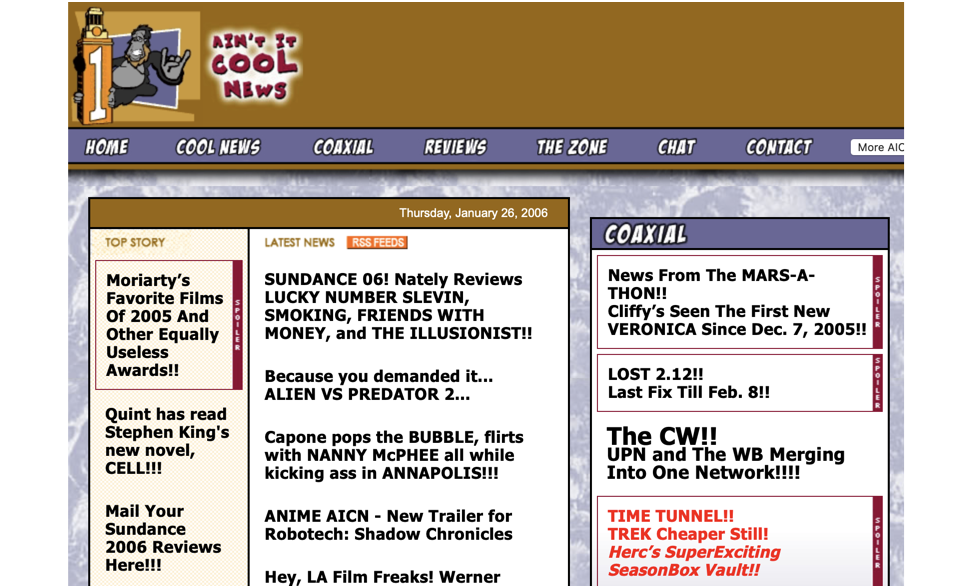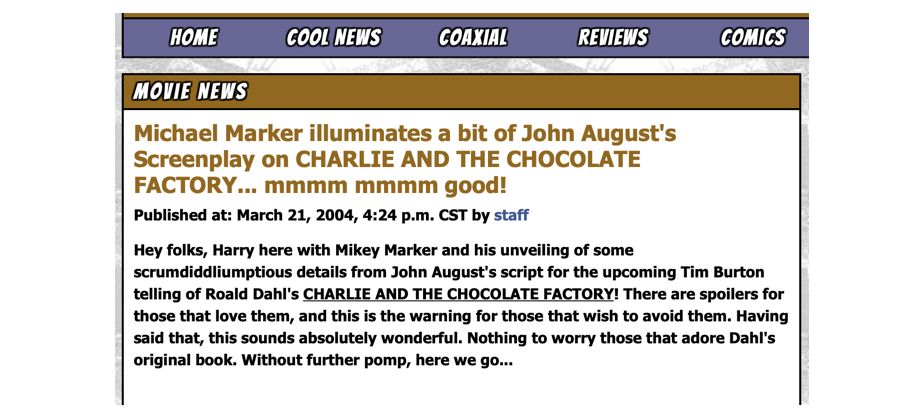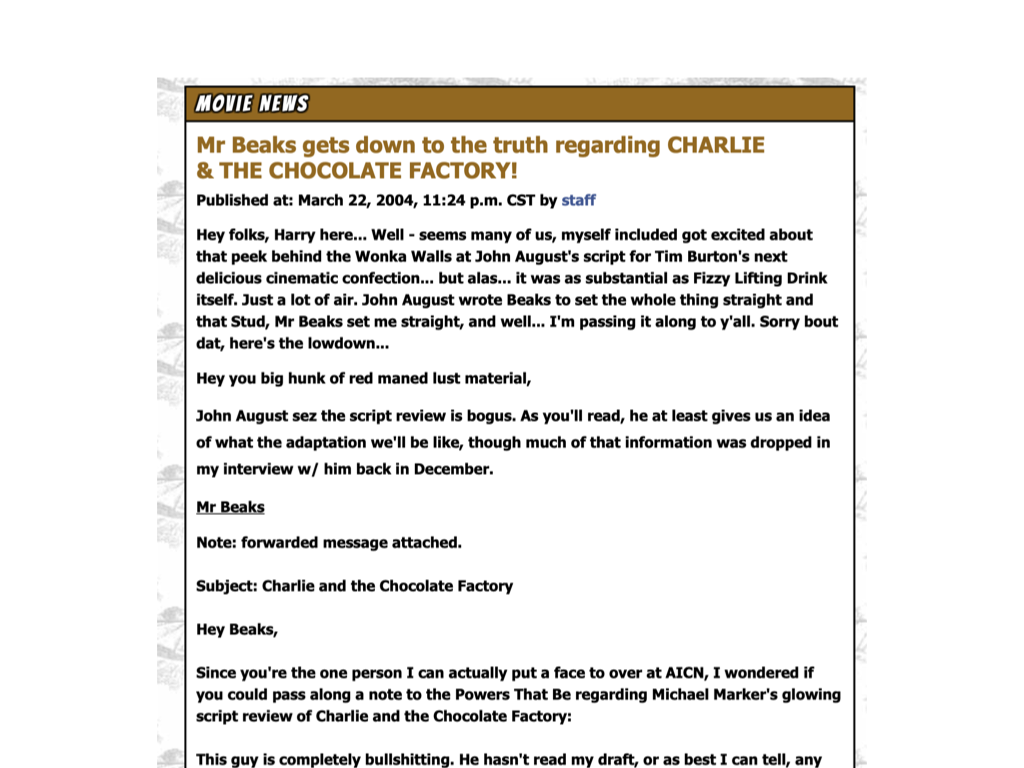On [Scriptnotes 541](https://johnaugust.com/2022/intelligence-vs-charisma), Craig and I discussed which of the classic D&D attributes (Strength, Intelligence, Wisdom, Constitution, Dexterity and Charisma) were most important for an aspiring film and TV writer. We ranked intelligence first, while acknowledging that charisma was important for the social aspects of the job. We felt wisdom was gained through experience — which it is, in the real world.
Our discussion generated a lot of listener emails. [Nick Roth’s](https://www.imdb.com/name/nm0744965/) response felt like it deserved its own post. So here it is in full.
—
Sometimes, as a writer earlier in your career, and especially in the context of tv writing (my background is as a lower level writer on a network sitcom), it feels like you can’t just be a wizard who has maximized intelligence with secondary emphases on charisma and wisdom.
It feels like you have to multi-class as a Wizard/Paladin.
It’s a stupid multiclass. You have to approach your work like you’re on a holy quest, and everyone expects you to be a melee tank, but all you really want is to cast spells from the shadows. You have to have intelligence and charisma, and you have to have both strength and constitution to survive in a writers’ room, where you need thicker skin than mage armor can provide. And you also need to get yourself into the right place at the right time, so you can’t even take dexterity for granted, because there are barbarians out there with advantage on initiative rolls who will beat you to opportunities.
You have literally no [dump stat](https://tvtropes.org/pmwiki/pmwiki.php/Main/DumpStat). And, in this campaign setting, there are famously OP Backgrounds you probably don’t have access to — like having famous parents or being literally Malia Obama.
The point is it can feel impossible to roll this character. But here’s the thing: the best characters and the best campaigns aren’t made by rolling great attributes and min-maxing your abilities. They are made by figuring out the most hilarious and surprising and heartwarming ways of interpreting your critical successes and your critical fails. Okay, so you’ve insanely chosen to be a wizard-paladin and you rolled three negative modifiers. Big whoop. You can still have the best time saving the multiverse with this zany School of Police Procedurals Wizard who has taken an Oath of Musical Comedy. Maybe you fight a dragon, or maybe you reboot Cop Rock!
I feel like I lost the thread there, but you get the idea. Just like we must imagine Sisyphus happy, we have to love all the parts of being a screenwriter, no matter how absurd a multi-class it requires, even when we roll a 1 and had -3 to the check to begin with.
